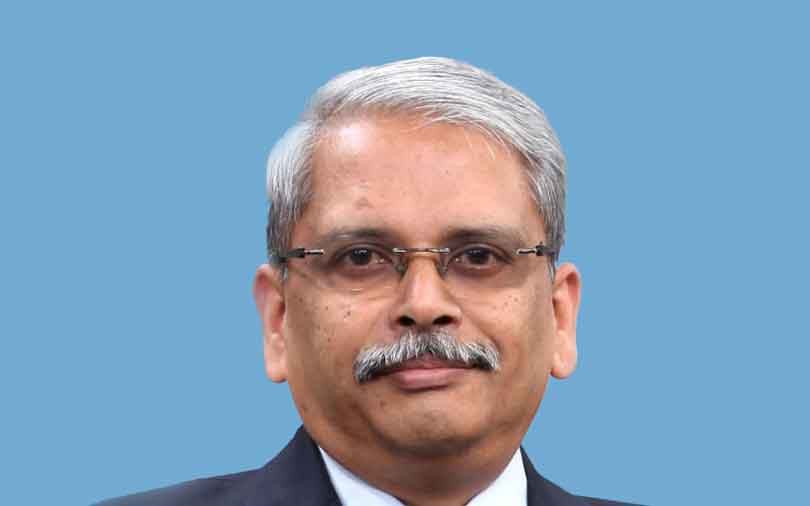
A handful of Indian billionaires who actively invest in early-stage ventures are exploring the possibility of floating a multi-billion-dollar domestic fund in the wake of a rush of foreign money flowing into local startups.
The plan comes after Japanese, Chinese and American investors, such as SoftBank Group Corp and Tencent Holdings, poured billions of dollars into Indian Internet companies last year, prompting some wealthy entrepreneurs to think there should be more Indian rupee in the play.
“We definitely need those funds. We will have to compete with the SoftBanks of the world, no doubt about it,” tech billionaire and startup investor Kris Gopalakrishnan told VCCircle. “We, a set of people, are talking to family offices [to see] whether we can create some larger funds.”
According to Gopalakrishnan, many high-net-worth Indian families are warming up to the idea of a large desi fund. “Yes, there is some thinking. I chair the CII Startup Council National Task Force. It is an active action item for us to discuss with family offices and institutional investors to see if we can come out with some plan of action,” he said.
A first-generation entrepreneur, Gopalakrishnan had co-founded Infosys Ltd and derives his wealth from the stake he holds in India's No.2 software services exporter. He is now an active startup investor and has backed around 60 companies through his own fund Axilor Ventures, the Indian Angel Network and other channels.
The idea of a multi-billion-dollar desi fund stems from the fact that Indian investors make relatively few investments into growth-stage startups and their participation is negligible in the billion-dollar fundraises of large tech unicorns. For instance, the $6.3 billion that Flipkart, Paytm and Ola raised last year mostly came from SoftBank, Tencent and other overseas investors.
Gopalakrishnan said that about 85% funding at the Series C level and beyond is made by foreign investors—Chinese, American and Japanese sovereign funds. As Indian startups became successful, the overseas investors benefitted from their investment.
Indian investors and startup evangelists are also concerned about the repercussions that will follow if these companies change their domicile. “India is becoming a digital colony," said TV Mohandas Pai, chairman of Aarin Capital and a prolific investor in Indian startups. He and Ranjan Pai are anchor investors for more than 10 investment funds.
According to Pai, 60% capital in China is local money, while in India it is 10% now. It was 5% a year ago and this is set to increase even further. The central government’s Rs 10,000 crore startup fund of funds will catalyse Rs 60,000 crore of investment, he added.
Indian venture capital funds and individual investors typically back early-stage startups, writing cheques with an average size of $2 million or so. “Most of our funds are in the $50-200 million range. They will invest in over 60-80 companies each. These funds have a horizon of six to eight years. They would invest on an average Rs 10 crore per company. We need funds which are much larger, a SoftBank for India kind of fund, a multi-billion dollar fund,” Gopalakrishnan said.
To put things in perspective, Japanese telecom and Internet conglomerate SoftBank has set up its $100 billion Vision Fund to make investments worldwide. In India, it invested in e-tailer Flipkart, Paytm, ride-hailing firm Ola and hotel aggregator Oyo last year.
However, talks have just begun and such a fund is still at an exploratory stage. “[It] is in the dreaming stage,” said Gopalakrishnan.
Gopalakrishnan also said that the young generation of entrepreneurs from traditional Indian business houses is looking for opportunities in tech investments. This generation is inclined towards creating large funds as they consider investing in startups at the Series C level and later stages as less risky than early-stage funding.
Gopalakrishnan declined to name these young investors as talks are still at a very early stage. “When it comes to Series C and beyond, companies [at that level] are considered successful and have shown their ability to scale,” he said.
About competition from SoftBank, Tencent and Tiger Global, he said “They will not compete everywhere.”
Pai hopes that high-growth-stage startups will solve India’s challenges of education, health, supply chain efficiencies and connectivity. "No country, barring the United States, has a more vibrant startup scenario. We are trying to change the ecosystem, help changing laws, changing regulation, making it easy for businesses. We want more and more entrepreneurs to solve India's problems and investors to benefit hugely from a vibrant startup ecosystem,” he said.